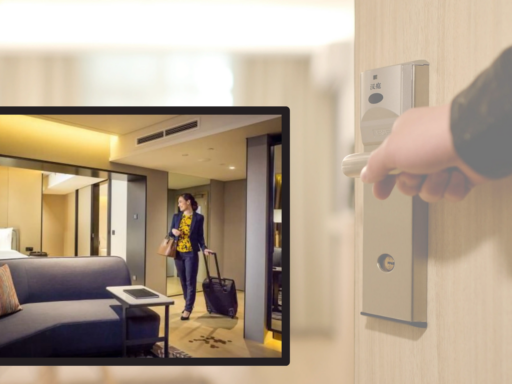Smart devices have rapidly changed the way we live and interact with the world. From voice assistants to smart homes and wearables, these technologies promise convenience and customization. At the same time, their growth raises important questions about trust between people and the companies creating these technologies.
Open communication is key. When devices provide ongoing updates about usage and performance, it fosters an open relationship. People feel informed about how their data and privacy are being handled. However, privacy breaches severely damage trust, sometimes permanently. Companies must prioritize security.
Personalization can strengthen loyalty when done right. However, targeting ads or suggestions that feel invasive will undermine trust. Balancing personal benefits with respect for boundaries is crucial. People want helpful tools, not constant intrusion into their lives.
Reliability also matters deeply. Frequent glitches or inconsistent results weaken trust over time. On the other hand, technology that works seamlessly and intuitively deepens trust in meaningful ways. People expect their tools to work smoothly without constant problems.
As smart devices become more prevalent, trust will depend on transparency, security practices, and respecting personal space.





